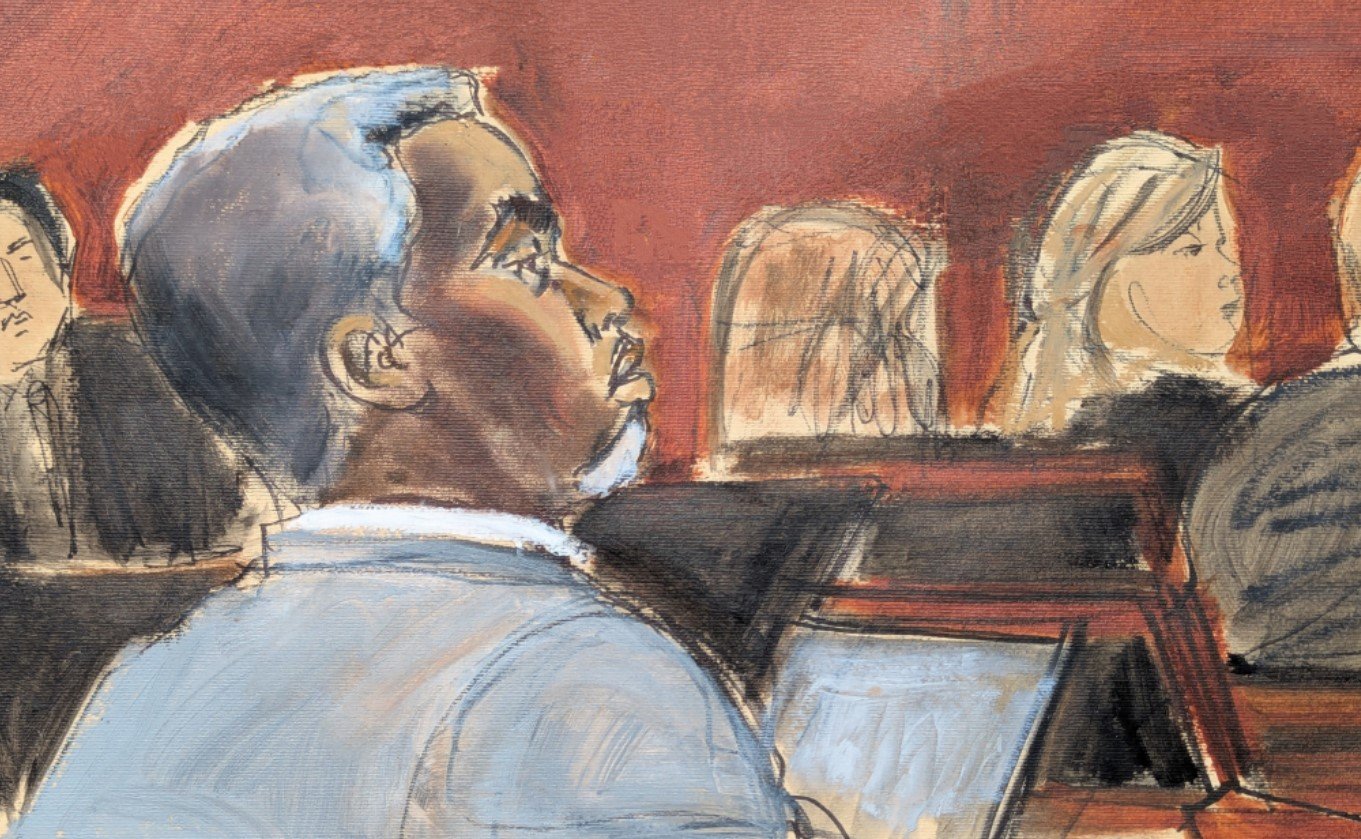Sean “Diddy” Combs avoided a potential life sentence Wednesday after a federal jury cleared him of the most serious criminal charges — but still found him guilty under a century-old prostitution-related law. A sentencing date is now looming, and questions are swirling about just how much time the music mogul might serve.
The courtroom drama brought to the surface disturbing allegations, sharp legal strategies, and a ruling that shocked many watching from afar. Here’s where things stand now, and what could come next.
Convicted Under the Mann Act: What That Means for Diddy
The jury’s verdict hinged on an obscure but powerful federal statute known as the Mann Act. Originally passed in 1910, it was meant to fight human trafficking across state lines — but its modern-day use often surprises the public.
Combs was found guilty of transporting individuals across state lines for illegal sexual activity. Specifically, prosecutors said he flew women and male sex workers around the country for paid sex.
That’s a clear violation of the Mann Act, even if the law’s old-fashioned language feels out of place today. While no sex trafficking charge stuck, this conviction still packs a punch legally.

How Much Time Is Diddy Really Facing?
Here’s where the speculation heats up. The maximum sentence for violating the Mann Act? Ten years. But it’s rare for judges to impose the max unless something really egregious went down.
Prosecutors argue the sentence should be closer to four years. Assistant U.S. Attorney Maurene Comey said Combs’ “pattern of behavior” — spanning years, involving drugs, coercion, and paid sex workers — justifies a tougher penalty.
Combs’ defense team, unsurprisingly, disagrees.
They claim his sentencing range should land around two years, and they’re pushing for leniency. His time already served since his arrest last September will count, potentially shaving off several months.
It’s now in Judge Arun Subramanian’s hands. He can follow federal guidelines, but ultimately, he has a wide berth. The proposed sentencing date is October 3. Until then, Diddy will remain in custody.
The Charges That Didn’t Stick: Sex Trafficking and Racketeering
This case could have gone a very different way.
Prosecutors charged Combs under racketeering and sex trafficking statutes — laws with extremely harsh penalties. The jury, however, wasn’t convinced.
To prove racketeering conspiracy, the government needed to show that Combs was operating a criminal enterprise with a pattern of illegal acts. These included everything from arson and kidnapping to bribery and sex trafficking.
They said he used employees — assistants, security staff, drivers — to help facilitate and cover up crimes. They compared his alleged operation to an organized crime ring.
-
RICO (Racketeer Influenced and Corrupt Organizations Act) has historically been used to go after mob bosses, gang leaders, and drug lords.
-
Convictions under RICO can carry penalties as high as life in prison.
-
Prosecutors leaned hard on the narrative of Diddy as a manipulative figure running a dark empire.
But the jury didn’t bite. His acquittal on these counts spared him from a truly devastating sentence.
Jury Deliberations Were Anything But Simple
It wasn’t a quick decision.
The panel of 12 jurors — eight men, four women — began deliberating late Monday morning. By Tuesday, they hit a snag. They told the judge they were stuck on one of the five charges.
Subramanian wasn’t ready to throw in the towel. He sent them back, urging more discussion. Less than 24 hours later, the jury returned its final verdict.
Combs reportedly pumped his right fist when he heard he’d been acquitted of the heaviest charges. Relief, maybe. But the courtroom remained tense.
The verdict was mixed — a legal split decision.
What Prosecutors Claimed, and What the Jury Believed
The government painted a chilling picture. They alleged Combs organized sex parties where women were drugged, coerced, and sometimes blackmailed into silence.
They claimed cocaine was used liberally to control and intimidate. They said those who pushed back were threatened or hurt — through arson, beatings, or worse.
But Combs’ defense attorney, Marc Agnifilo, came out swinging. He said prosecutors twisted the facts, portraying consensual adult relationships as crimes.
In one memorable courtroom moment, Agnifilo told jurors: “This isn’t a mob trial. This is a lifestyle trial. And they’ve put his lifestyle on trial because they don’t like it.”
It worked, at least partially.
The Sentencing Ahead: What Factors Will Matter?
So, what exactly goes into a federal sentence like this?
Federal judges don’t just pull numbers out of a hat. They look at sentencing guidelines — a complex formula that considers things like:
| Factor | How It Affects Sentence |
|---|---|
| Nature of the offense | More coercion or violence = longer sentence |
| Criminal history | Prior convictions = longer time |
| Acceptance of responsibility | Showing remorse can reduce time |
| Obstruction or threats | Increases the sentencing range |
| Cooperation with authorities | Could lessen the sentence |
Right now, it’s unclear how Judge Subramanian will weigh all this. Prosecutors are expected to push for a strong penalty, especially since the judge previously said there was evidence of “a yearslong pattern of violence.”
And the fact that Diddy was denied bond while awaiting sentencing is another sign the court isn’t treating this lightly.
What’s Next Before October?
The next key date is July 8, when a hearing is scheduled to discuss the sentencing process.
That hearing will help clarify both sides’ positions and give the judge more context before making his final decision. It’s also possible that victim impact statements or sealed evidence could be introduced then.
One thing’s certain: this isn’t going away quietly.
Diddy, once considered untouchable in hip-hop and business circles, is now officially a convicted felon. And his future — whether it’s behind bars for years or something shorter — will depend heavily on the arguments made in the weeks ahead.
































